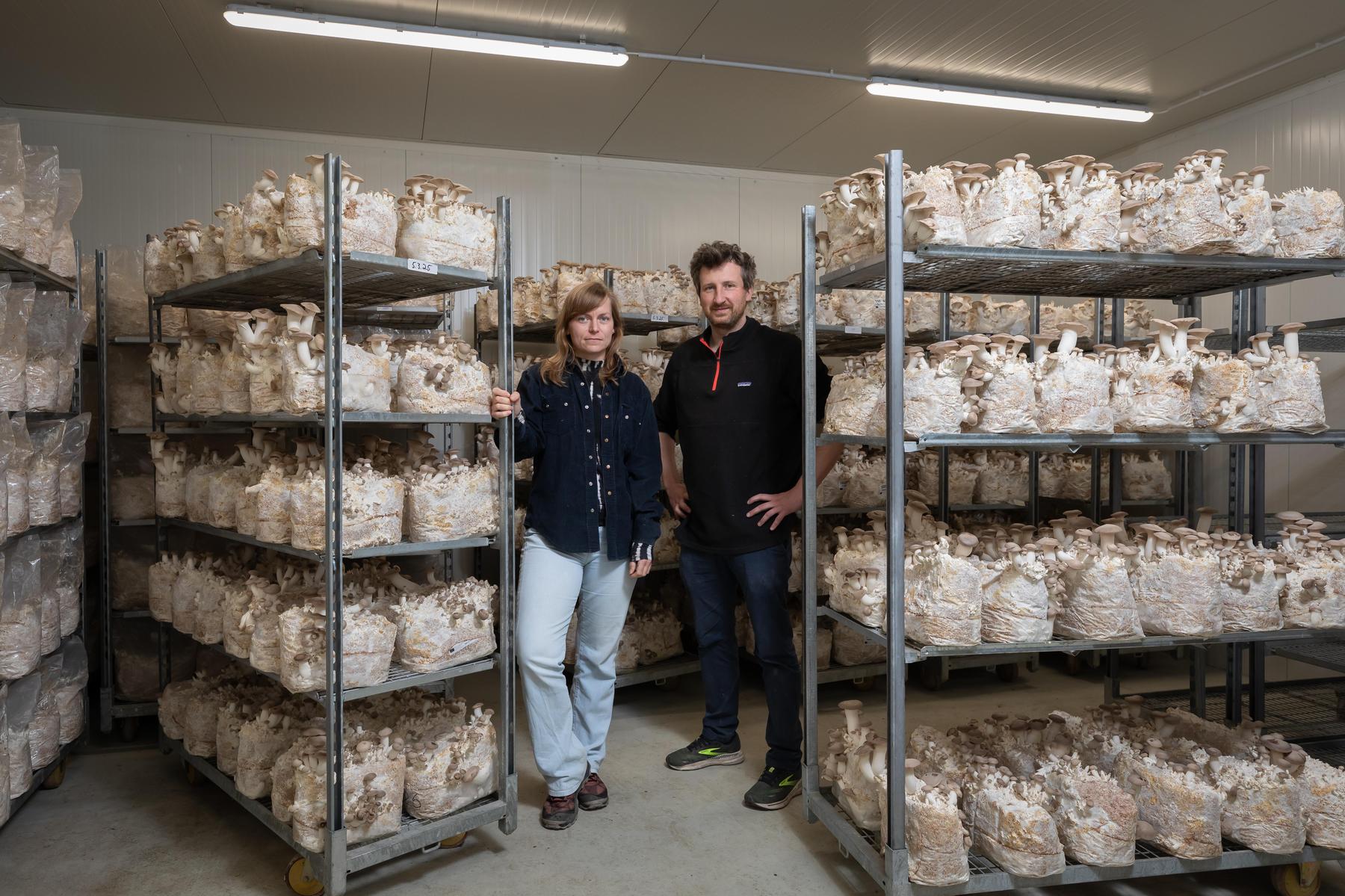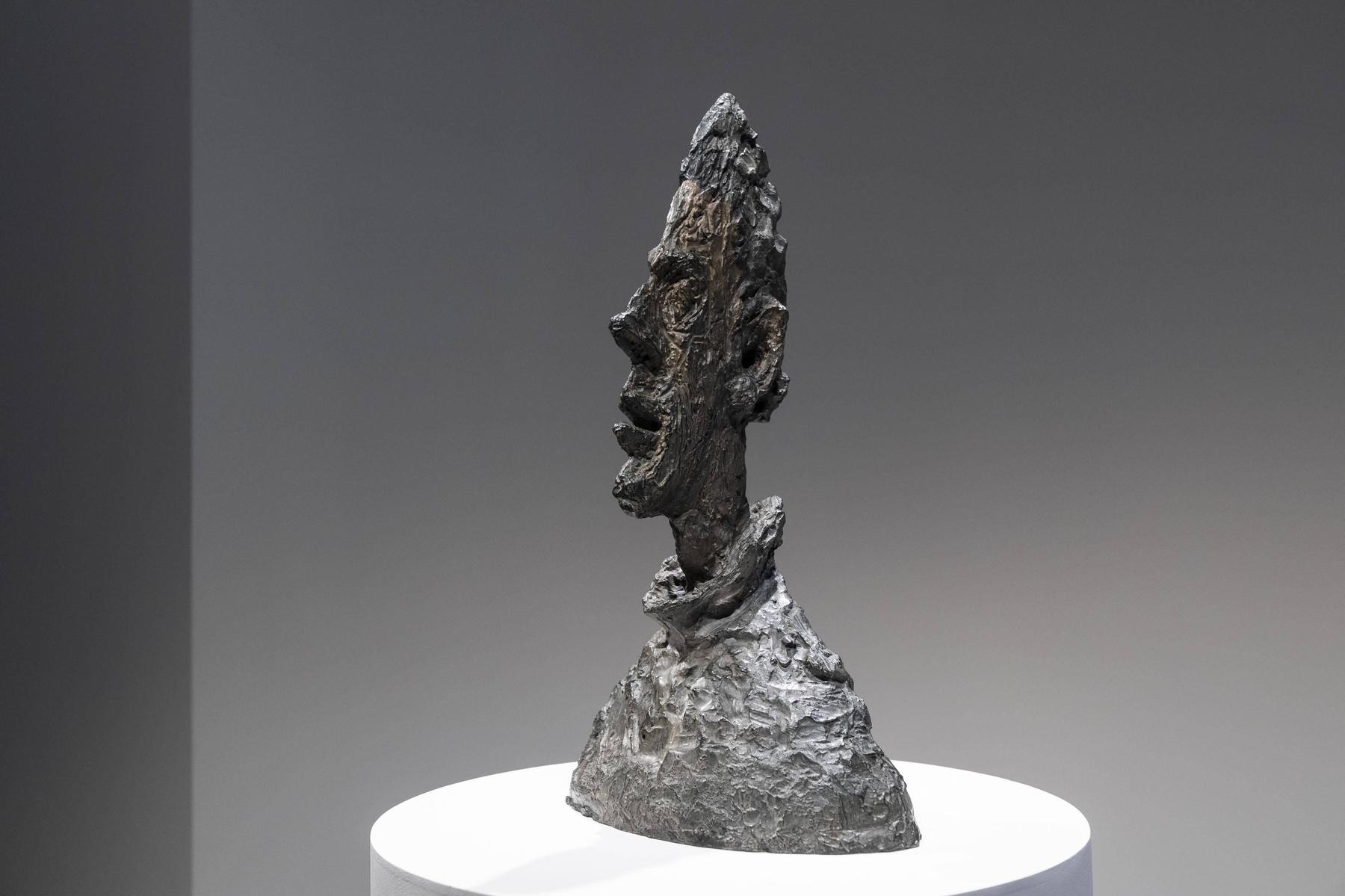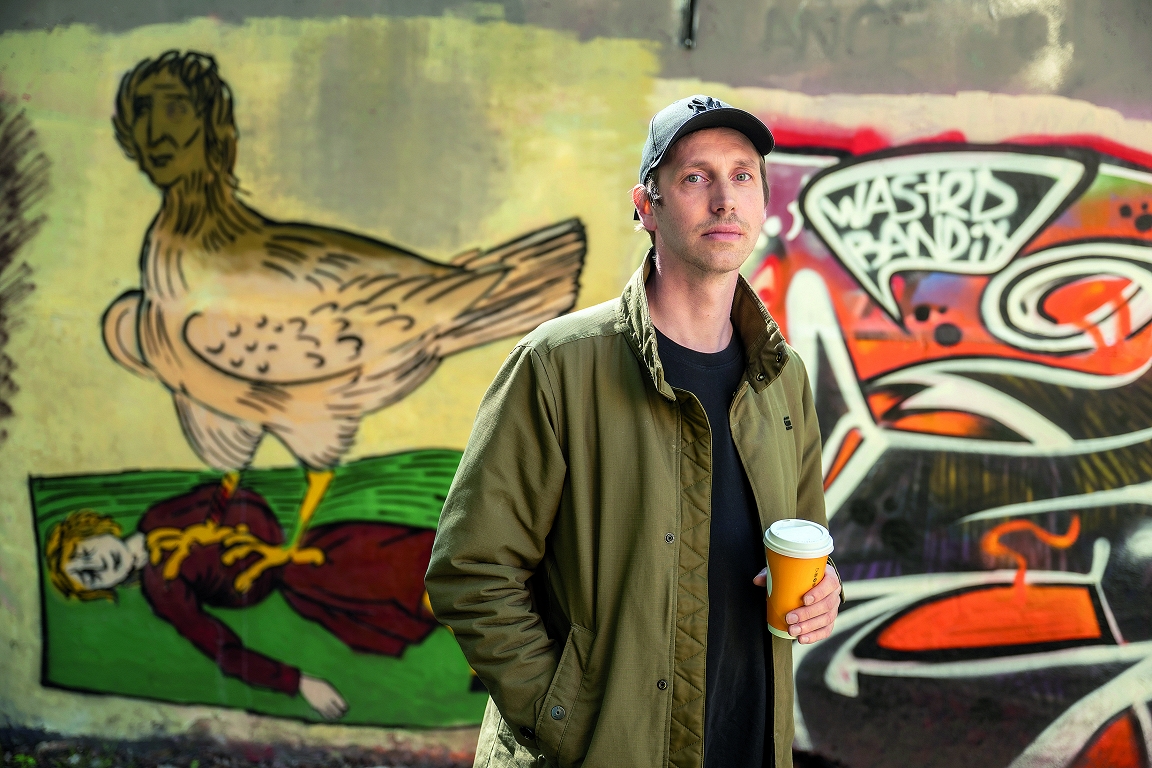Where the mushrooms grow – diepresse.com

Ten years ago, two students founded the mushroom breeding Hut & Stiel in a basement of a Viennese house. Today they have two locations and a cooperation with a supermarket chain.
It is an idyll away from the city – at least felt. Because officially the address Naufahrtweg 14a belongs to the 22nd Vienna district. According to the city, it does not look here: graze a few horses on a pasture, in the nursery, strawberry cub plants are already available for sale. The playground at the garden is orphaned whether the cloudy weather, but one suspects that this will change soon. In the back there are two electric cars that are glued with a « hat & stem » logo and are currently loaded. Welcome to the small city farm.
Here, on the area of a former nursery in Lobau, three companies and 16 clubs have rented: from solidarity agriculture to animal -assisted pedagogy or the Café Schillwasser to mushroom breeding. Common to everyone is that they want to do something good, think about how things (like food production) can work without causing a lot of damage, and how you can be as inclusive as a community as possible. The small city farm is set up as a club, which also mentions the association for promoting the common good.
From the cellar to the city farm
Mushroom breeding Hut & Stiel has been located here since 2019 – and fits well into the concept. The company was founded ten years ago. At that time, the two students Manuel Bornbaum and Florian Hofer founded a fictional company as part of a university project, in which fungi are bred in the city. An actual mushroom breeding then emerged from the university project, at that time in the basement of a house in the 20th district (« The press on Sunday » reported at the time).
« Today we have two locations, one in Klosterneuburg and one here in the Lobau, » says Bornbaum and leads to the production rooms of the Vienna branch. The basement in the 20th district was perfect for the mushrooms. « But logistically insanely tedious, we had to get one and a half tons of coffee studs over several stairs every week and carry through narrow doors. »
Today it is much easier here on the area in the Lobau and also in the former wine cellar in Klosterneuburg. And today more than « only » oyster mushrooms are bred, namely herbal sideways, shiitake and hedgehog sting beard. The latter is a little more expensive in production because harvest quantities are lower. « But it is extremely hyped because he should be very healthy according to TCM. If there is a mushroom that will also be available in the supermarket in a few years, then probably the hedgehog barbeard, » says Bornbaum, who now acts as managing director together with Viktoria Pichler. The team has also grown, on a total of twelve people.
Bornbaum is still enthusiastic about the efficiency of the mushrooms. Hardly any food can keep up with regard to space and water that the mushrooms need to grow. There are several cars in a total of ten rooms of 30 square meters each, on which the mushrooms grow in or more from sacks. Around 1000 kilograms of mushrooms will be harvested in good weeks – manually. At the old location you were still happy to get 100 kilograms a week. However, coffee grounds have had its day as a substrate, at least currently. In pandemic, people were forced to look for alternatives because the coffee houses and offices were as suppliers. Now the mushrooms are growing on a mixture of sawdust, straw and wheat bran, which is made by a partner company in Mannersdorf. « Coffee grounds are a great substrate, but difficult to store because the nutrient composition changes and start composting processes. » Nevertheless, coffee grounds will soon be added to the substrate, as it is also a lot about circular economy and sustainable work.
The mushrooms spend the first three weeks, i.e. their monetary phase, at the partner company in Mannersdorf. Then they grow « at home » at Hut & Stiel for two to four weeks and then be harvested.
Cooperation with a supermarket chain
There has also been a cooperation with the supermarket chain Spar. For this alone, three new people were hired, explains Bornbaum. Fresh mushrooms, but also processed products such as mushroom spreads or mushrooms (which a partner company, the former neighbor in the 20th district, produces from less beautiful mushrooms) are sold in selected branches in Vienna. « We deliver the mushrooms twice a week and take the mushrooms that were not sold. They then come to further processing. So nothing has to be thrown away, the spoilage was reduced from 15 to zero percent. » That is why two electric cars were purchased, with cargo bikes the many trips can no longer be completed.
Bornbaum itself no longer wants to leave this urban idyll. He himself found an apartment near the small city farm. « I go to work on foot, » he is visibly enthusiastic. The mushrooms also feel very comfortable here. In spring and autumn hardly has to be regulated, since it has 14 to 16 degrees in the rooms, and the humidity is 80 percent. In summer, however, the production in the Lobau (which is much smaller than that in Klosterneuburg) is reduced somewhat, so too much would have to be cooled, in contrast to the old wine cellars in Klosterneuburg. The demand for mushrooms was unbroken. « We could sell a lot more. We are only limited on the production page, so we would have to grow even more. »







